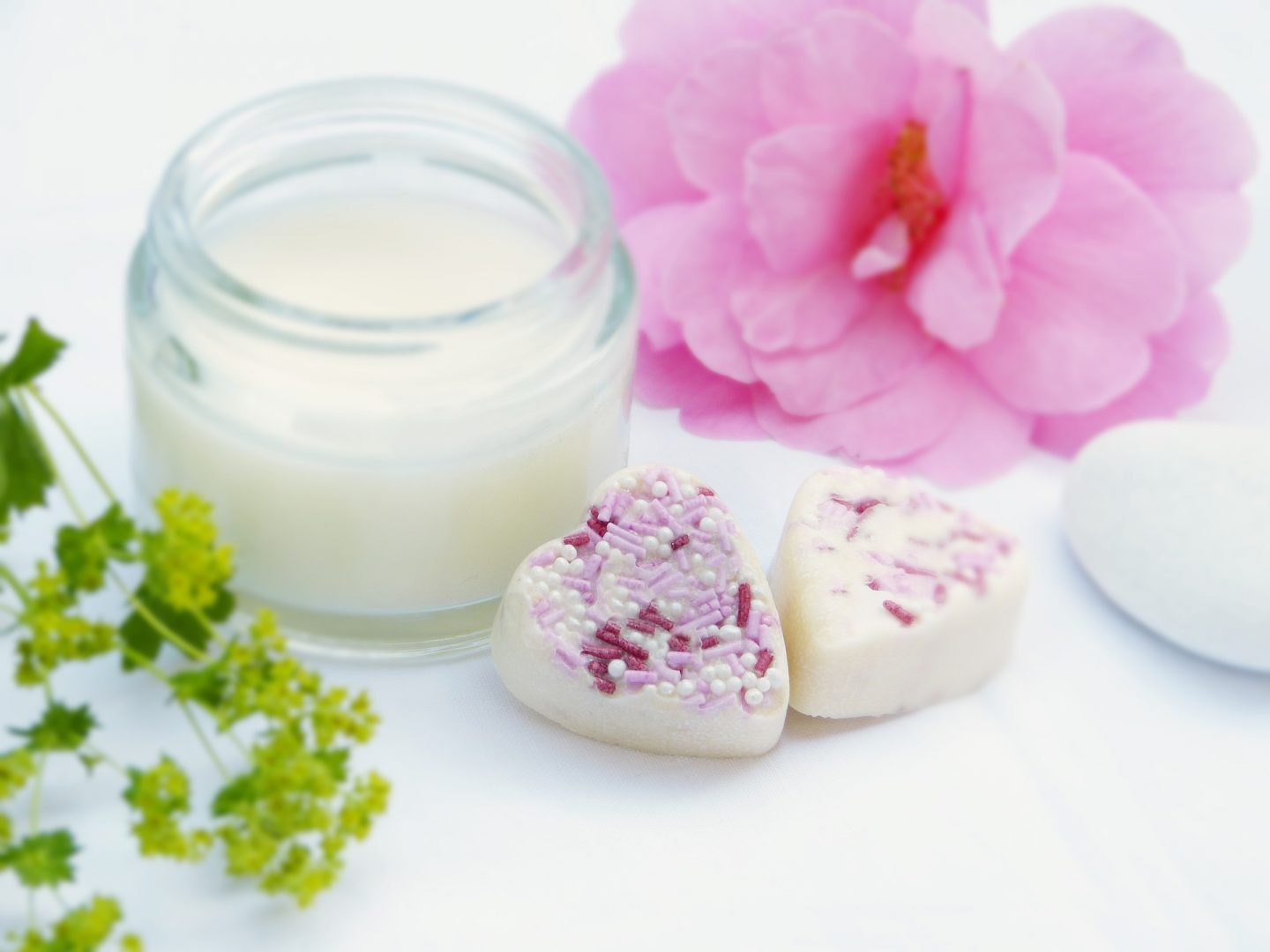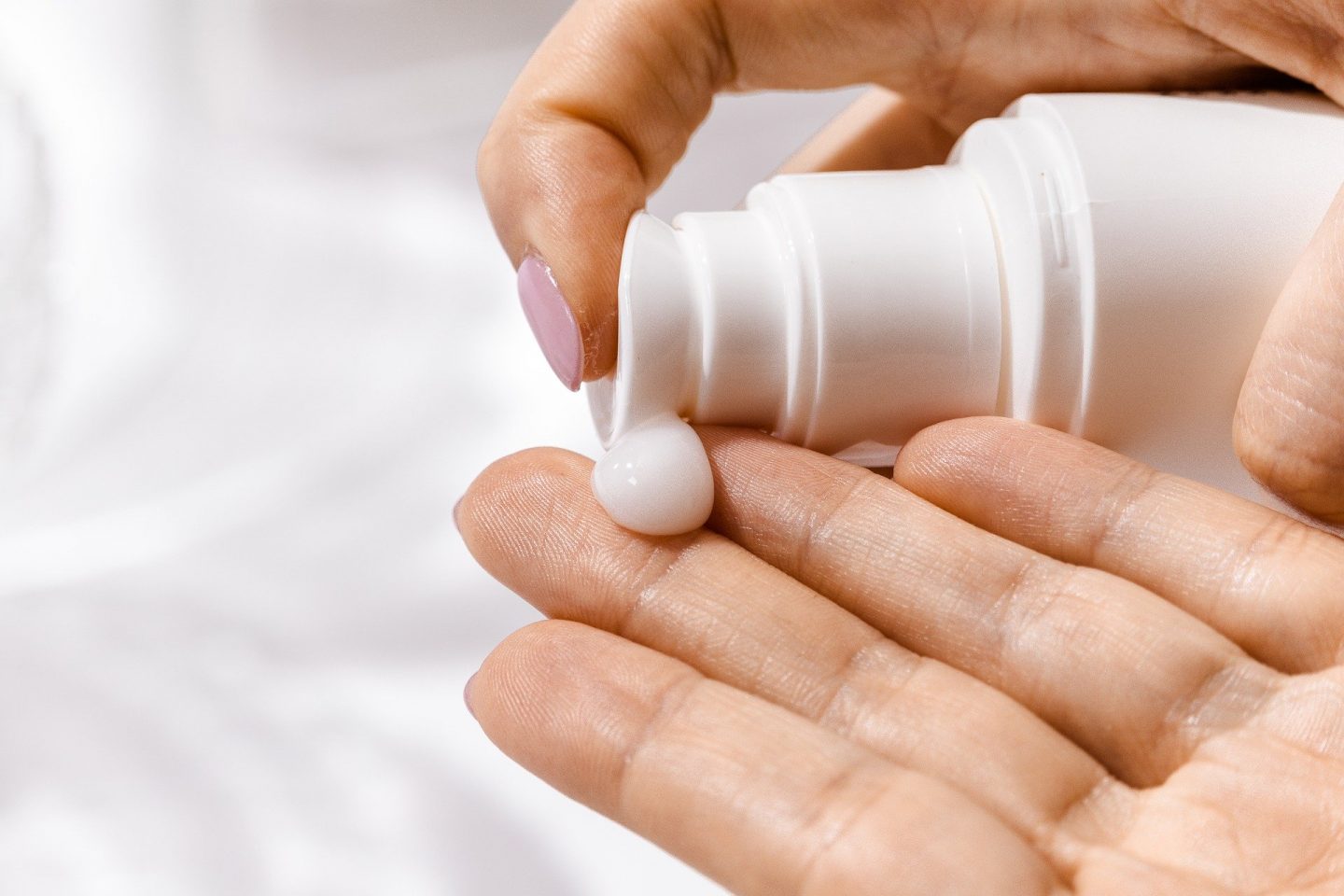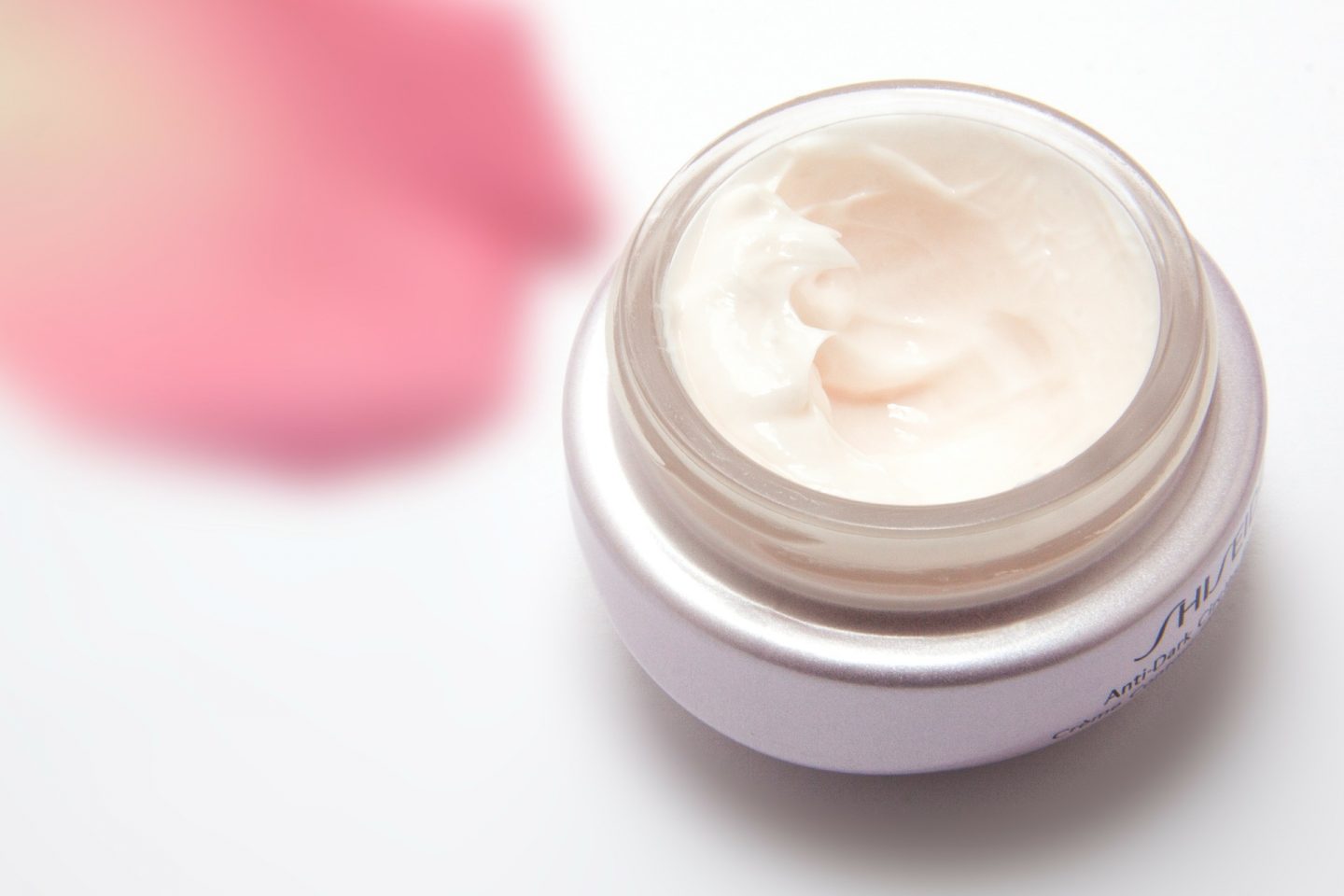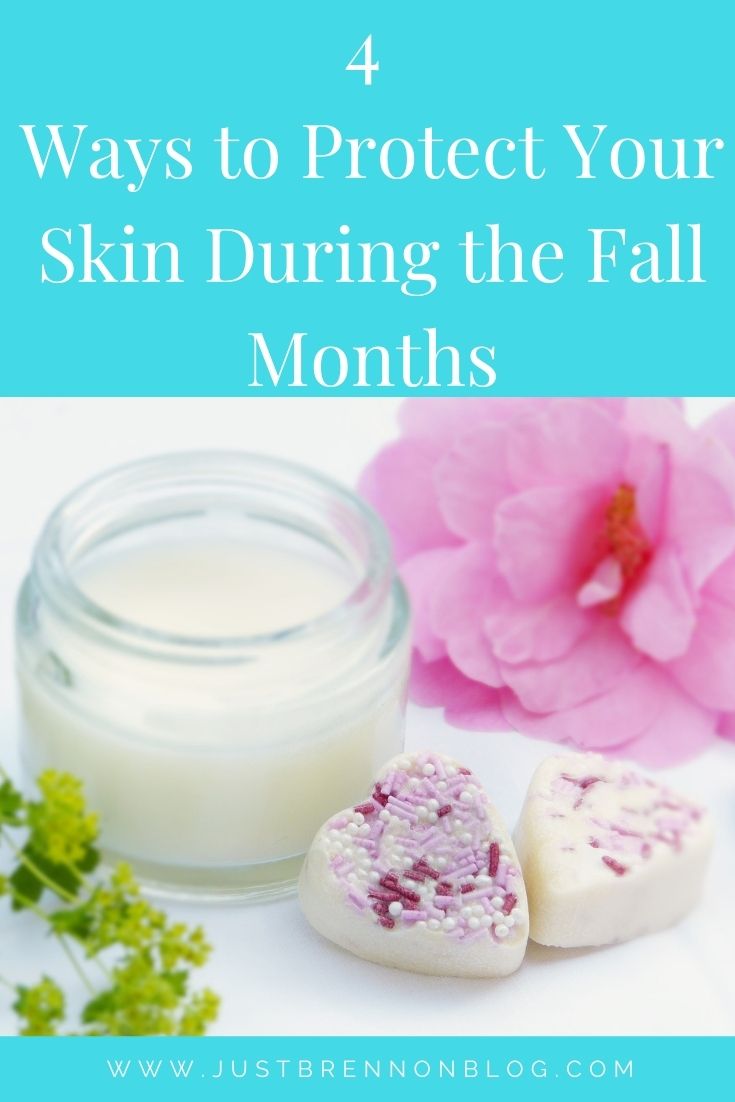
Different weather conditions call for different skincare routines. So, as the season transitions from summer to fall, your skincare regimen should change with it.
The dry fall months present their own unique challenges to skin health. Nevertheless, it’s still possible to maintain stunning skin regardless of the change in weather. Here are four simple steps that you can take to protect your skin this fall.

Moisturize
The humidity present in the summer air more or less disappears in the fall, which can make for dry, flaky skin. As a result, you should try and moisturize on a daily basis during the fall months in order to keep your skin healthy and hydrated.
When it comes to the best kind of moisturizing product to use during these months, one solid piece of advice is to seek out a thick oil-based cream to effectively soothe your skin and protect it from the elements.
However, keep in mind that a skin product that works wonders for one person may not do the same for you. Different people have different skin, so it may take some experimentation before you find the right moisturizing products and routine for yourself.
To help figure this out, you might consider consulting with a dermatologist or esthetician on the best practices for moisturizing your particular skin.

Wear sunscreen
Sunscreen isn’t just for the summer. You should be wearing it year-round in order to fully protect your skin. Even though the sunlight doesn’t seem as intense in the fall as it is in the summer, it still emits UV rays that can be harmful to your skin and overall health. The UV rays can even pierce through clouds to reach you on an overcast day.
These rays can have devastating effects on your health. They can cause sunburns, wrinkles, eye problems and, most seriously, cancer. In fact, UV rays are the main cause behind most types of skin cancer.
So how do you protect yourself? Wear sunscreen whenever you plan on being outside for an extended period of time.
There are many different varieties of sunscreen you can choose from: creams, lotions, gels, sprays, and powder sunscreen are among the most popular kinds. Whatever you decide on, make sure it’s at least SPF 30, as this is the minimum recommended by most experts.

Hydrate
Drinking plenty of water on a regular basis has a number of benefits. Staying properly hydrated allows you to operate at a higher level both mentally and physically, keep energized, and maintain the health of different parts of your body, from your digestive system to your joints.
Another huge benefit of staying hydrated is the effect it has on your skin. If your skin doesn’t get the water it needs, it can end up becoming dry and flaky. However, when you stay hydrated and your skin gets a sufficient amount of water, it can feel much softer and take on a more radiant glow.
So be sure to pay attention to your water intake throughout the day. Try to keep a water bottle around you at all times and take sips from it often.

Avoid Hot Showers
Although it may be tempting to take long, hot showers as the temperatures drop outside, think twice about it. Exposing your skin to hot water for long periods of time can be detrimental to its health.
In addition to producing dryness and irritation, the hot water can actually cause minor burns on your skin. And, if you have a preexisting condition such as eczema, a hot shower can exacerbate the problem, magnifying the symptoms and making it worse.
So, instead of taking long hot showers, try taking shorter lukewarm showers instead. You should keep the shower under ten minutes and then moisturize immediately after you dry off. By applying a moisturizing product right after showering, you’ll more effectively be able to retain the water in your skin and keep it nice and hydrated.
Final Thoughts
While each person’s skin is unique in its own way, there are some things that are absolutely essential for everyone when it comes to maintaining their skin’s health. These four tips can apply to virtually anyone but, for a more individualized routine that addresses the particular needs of your own skin, you should consult a dermatologist.








